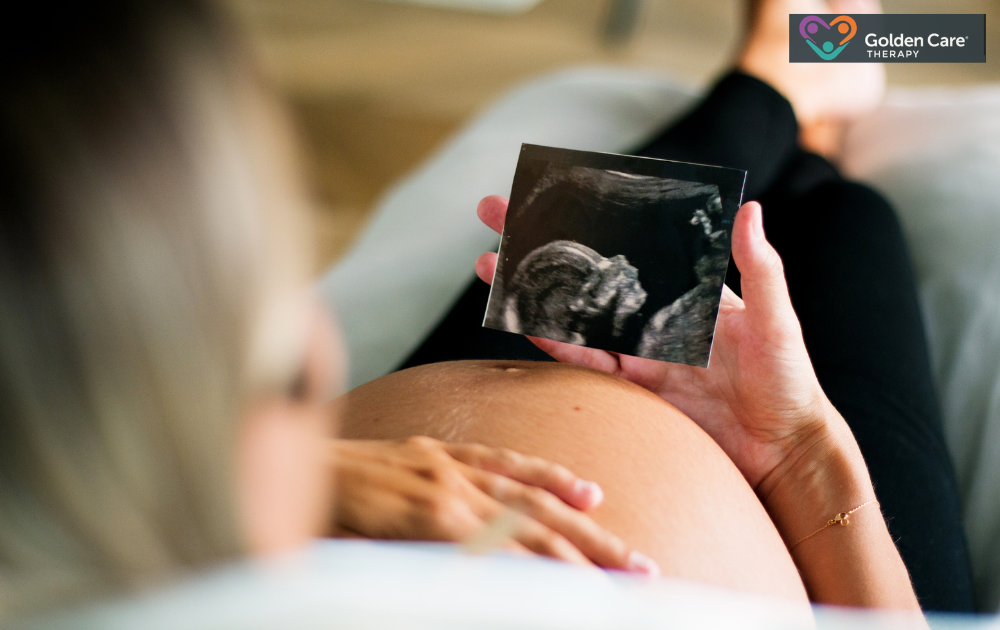Understanding the factors that influence the risk of autism in children is essential. Parental age, including both maternal and paternal age, has been identified as one such factor. This article explores the impact of maternal age on the likelihood of having a child with autism spectrum disorder (ASD).
Maternal Age and Autism Risk
Maternal age presents a fascinating and complex interplay with the risk of autism in children. Women under 25 face a higher likelihood of having a child with autism compared to older mothers. A study supports this, suggesting a potential link between younger maternal age and autism risk. However, the story doesn’t end there.
One hypothesis suggests that women under 20 may have a higher risk due to factors like incomplete physiological development or less time for prenatal care. Conversely, some studies propose that risks associated with older mothers might be linked to increased egg cell mutations that accumulate with age.
Adding another layer of complexity, a study examining the joint effect of maternal and paternal age revealed an inverse-shaped relationship. This means the lowest risk of autism falls within a specific age range for both parents, while couples with significant age differences might see a higher risk.
Notably, the same study suggested that advancing maternal age might contribute more to the overall risk compared to paternal age. This could be due to the longer potential timeframe for men to father children compared to women.
It’s crucial to remember that these are associations, not deterministic factors. The overall risk of autism for mothers of any age remains relatively low. While maternal age is a piece of the puzzle, many other genetic and environmental factors come into play.
Research Unveiling the Connection
Studies consistently show a connection between a father’s age and the likelihood of having a child with autism. Men in their 30s are 1.6 times more likely to have a child with autism compared to younger fathers. This risk increases dramatically for men in their 40s, with a sixfold increase in the chances of fathering a child with autism.
A groundbreaking 2017 study using whole-genome sequencing data from nearly 5,000 individuals shed further light on this association. The study revealed that parents in their mid-40s have a 5 to 10 percent higher chance of having a child with autism compared to parents in their 20s. This suggests that mutations accumulate in sperm cells over time, potentially increasing the risk of autism in offspring.
Further strengthening this link, a 2014 study based on Swedish medical records found that children born to fathers older than 45 have a 75% higher chance of autism compared to those born to fathers in their early 20s. These studies highlight the significant impact of paternal age on autism risk.
Interestingly, research suggests that the joint effect of maternal and paternal age follows an inverse U-shaped pattern. This means the lowest risk of autism falls within a specific age range for both parents. Studies have shown that couples where the father is between 29 and 39 years old and the mother is between 25 and 35 years old have the lowest risk.
The risk increases as the age difference between parents widens in any direction. Notably, couples with fathers older than 45, regardless of maternal age, have been found to have the highest risk of autism in their children. This emphasizes the importance of considering both parents’ ages when assessing autism risk.
The exact mechanisms behind the link between parental age and autism risk remain under investigation. However, two main hypotheses are being explored:
- Genetic Mutations: As parents age, mutations may accumulate in their sperm and egg cells. These mutations could potentially increase the risk of autism in their offspring.
- Epigenetic Modifications: Epigenetic changes involve modifications in gene activity without altering the underlying DNA sequence. These modifications can potentially influence gene expression patterns and contribute to the development of autism.

Implications and the Road Ahead
While the association between parental age and autism risk is significant, it’s crucial to understand its limitations. Parental age is just one factor among many that contribute to the overall risk. These findings don’t necessarily mean that every child born to older parents will develop autism.
Early intervention programs offer a range of therapies and support services that can significantly improve a child’s developmental outcomes. These programs can address challenges in areas like communication, social interaction, and behavior, helping children with autism reach their full potential.
While parental age cannot be changed, there are other pregnancy-related risk factors that can be potentially addressed. Certain medications, uncontrolled medical conditions like diabetes, and environmental exposures may contribute to an increased risk of autism.
For couples considering pregnancy, preconception counseling can be a valuable resource. A healthcare professional can discuss potential risk factors, including those related to parental age, and offer guidance on optimizing health before conception. This may involve managing chronic health conditions.
Preconception counseling and addressing modifiable risk factors can significantly enhance the health of a pregnancy and set the stage for a brighter future for your child. If you have any concerns about your child’s development, it’s essential to seek professional assistance promptly. Early intervention plays a critical role in unlocking a child’s full potential, and Golden Care is here to support you every step of the way.
Golden Care is a leading provider of ABA therapy, a highly effective intervention for children with autism. We offer top-notch care with personalized treatment plans. If you live in NYC, Indiana, New Jersey, Georgia, or Florida and are looking for exceptional autism services for your child, contact us today and schedule a consultation!



